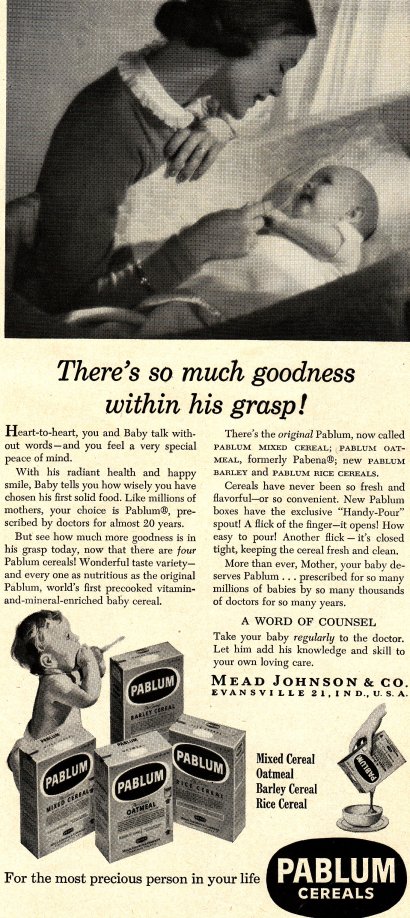Friday, April 2: Bandersnatches
FEELING WORDY
by Steven Steinbock
It’s been a long time since I’ve bored – er, entertained you on the subject words. At least it’s been a long time for me. Then again, six days is, for me, a long time to go without jabbering on about words. Plus, this being the day after April Fools Day and the fourth day of Passover, what the heck.
The very name of my weekly column, for those of you who came in late and never read anything older than Dan Brown, derives from Lewis Carroll’s nonsense poem Jabberwocky, which appeared in chapter one of Through the Looking Glass and What Alice Found There. Elements of this poem, and of Lewis Carroll’s “Alice” books in general, have appeared in disproportionate abundance in crime fiction for at least the past seventy years. Anyway, go read the poem. Read it aloud.
I like words that sound like what they mean. Not just onomatopoetic words (words like “pop,” “fizz,” and “kaboom”). I mean words that echo other unrelated words. For example, the word “unkempt” literally means showing up with messy hair, a problem that, for better or worse, I no longer have to worry about. The “kempt” in the word is derived from the same root as the modern word “combed.” But when I see or hear the word “unkempt” the words that echo in my mind’s-ear are unkept (which isn’t a real word at all, but conjures images of someone who hasn’t kept themselves cared for) and verklempt (which is Yiddish for being in a state of emotional mess).
I’m not the only person who thinks this way. Back in 1530, William Tyndale (the Protestant theologian whose Bible translations were a major influence on the King James Version) took the Hebrew word Pesakh, which referred to a spring lamb offering and probably came from a root that meant to skip or limp or jump. (That’s okay, I don’t get it either). Because of its connection to the story of the Angel of Death skipping the homes of the Israelite slaves in Egypt, and probably because it sounded good, Tyndale came up with the word Passover. Pesakh and Passover don’t sound like the same word to me, but it echoed some chord in Tyndale’s consciousness. The funny thing is that the word Pesakh survives in English in the form of Paschal, which means “pertaining to Easter.”
Speaking of Passover, here’s an interesting Yiddish word: Gebrokt. This refers to food products make with broken bits of Matzah (e.g. Matzah Meal). There’s debate among Orthodox Jews as to whether food made with Gebrokt are okay to eat during Passover. The word Gebrokt means crumbled, or broken up, and if you look closely or squint your ears (ever try that?), you can even recognize the English word “broken.” I love this word because it reminds me of a Klingon battle cry.
There’s debate among Orthodox Jews as to whether food made with Gebrokt are okay to eat during Passover. The word Gebrokt means crumbled, or broken up, and if you look closely or squint your ears (ever try that?), you can even recognize the English word “broken.” I love this word because it reminds me of a Klingon battle cry.
 Pablum is not permitted during Passover. I always thought that pablum was just an expression that meant “an idea or message watered down into an unpleasantly bland mush.” I was surprised to learn that Pablum is the brand name of a babyfood cereal noted for being unpleasantly bland.
Pablum is not permitted during Passover. I always thought that pablum was just an expression that meant “an idea or message watered down into an unpleasantly bland mush.” I was surprised to learn that Pablum is the brand name of a babyfood cereal noted for being unpleasantly bland.
I’m collecting a long list of words that I look forward to sharing with you in weeks to come. So stay tuned for a close look at Feckless, Languid, Nincompoop, Wistful, and Meh.
Paschal Greetings!






















> squint your ears
Great line – made me prick up my eyes.
A peaceful Easter and Passover to all.
I was surprised to learn that Pablum is the brand name of a babyfood cereal noted for being unpleasantly bland.
My guess is that the brand name was conflated with “pap”, meaning a “soft or semi-liquid food for infants or invalids, made of bread, meal, etc., moistened with water or milk,” a word dating from the early 15th century, rather than the association with blandness originating with Pablum the product, which is itself essentially a form of pap.
The etymology is onomatopœic (“supposedly,” says the OED), from the sound made by an infant smacking its lips in anticipation of being fed.
I thought you were going to go into the invented words in Jabberwocky, like chortle. I was talking to a Young Adult yesterday, a dedicated folk music fan, who had never heard of Malvina Reynolds. Malvina wrotw the song “LIttle Boxes,” from which we get the word “ticky-tacky.”
Happy Passover, all.
For better or worse, I can’t hear “Little Boxes” without thinking of the TV series “Weeds.”
>> squint your ears… and prick up my eyes.
(laughing)
Steve, I think Yiddish is the richest ‘sounding’ language. So many of the words are aurally evocative.
And I’ve always loved Jabberwocky. I used to exchange comments with Martin Gardner about Alice.
Thanks for the good words! “Easter” (the word) also has connections to nature-related pagan goddesses like Asarte and Isis, with their connections to rebirth and springtime. (In one myth, Isis ressurects her husband Osirus) A corruption of Asarte was worshipped under the name Astaroth.)
Blessings of the Season to you all!